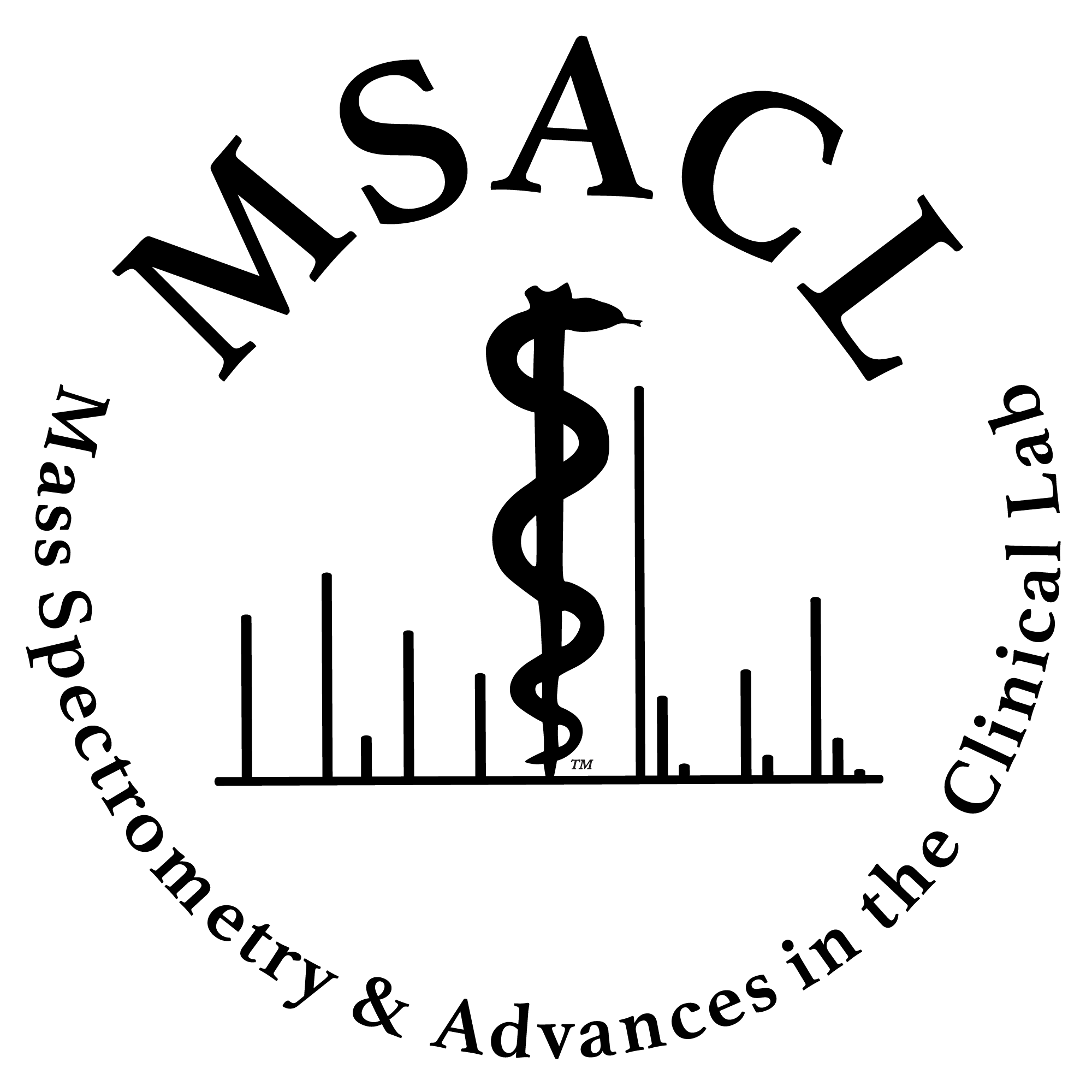 Pediatric Toxicology Testing Strategies: A Case-based Discussion Pediatric Toxicology Testing Strategies: A Case-based Discussion
Kara Lynch
University of California, San Francisco

|
Kara Lynch, PhD, DABCC (Presenter)
University of California San Francisco |
|
Presenter Bio: Dr. Kara Lynch is a Professor of Laboratory Medicine at the University of California San Francisco, Co-Director of the Core Laboratory at Zuckerberg San Francisco General Hospital and Chemistry Director at UCSF Benioff Children’s Hospital Oakland. She is the co-director of the COMACC-accredited Clinical Chemistry Fellowship Program at UCSF. Her laboratory conducts studies aimed at identifying and quantifying endogenous and exogenous small molecules in biological specimens using novel diagnostic technologies, such as high resolution mass spectrometry, ion mobility mass spectrometry, ambient ionization mass spectrometry and biolayer interferometry. Her lab is involved in translational research studies evaluating the clinical utility of novel biomarkers or biomarker panels to diagnosis, treat and monitor disease. The methods developed in her laboratory are used to investigate perturbations in metabolic pathways caused by disease and drug use and translate the results into information that can be used in clinical practice. |

